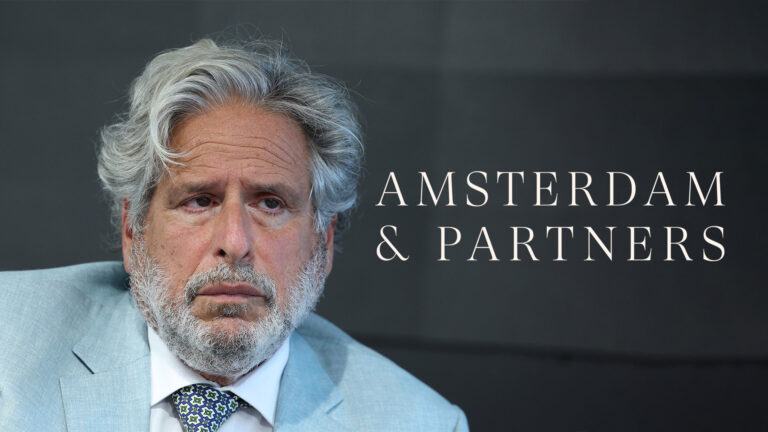Pashinyan wants to go to Washington
November 16 2023, 12:40
One of the main, if not the main, spokespersons of Pashinyan’s team on foreign policy issues, the head of the Armenian Security Council Armen Grigoryan, gave another interview to Armenian Public Television, in which he stated that negotiations between Armenia and Azerbaijan on a peace treaty could take place in Washington.
“We are ready to continue negotiations to complete the work on the peace treaty and, if possible, sign it by the end of the year. There are opportunities to hold talks at different levels in Washington. Armenia is ready for this and hopes that such a meeting will take place,” Grigoryan said.
This, as well as a number of other statements made recently by Grigoryan, emerge as the deep aspirations of the Armenian authorities. Pashinyan wants to go to Washington. It is this platform that is the priority for the Armenian authorities to sign the “peace treaty”. The Armenian authorities expect that the country where the agreement is signed will ensure its implementation and will increase its influence in the region. Thus, we can get the second “Washington document”. You may ask, why the second one?
The first document between the parties was agreed upon, named after the American capital, and related to the future of Artsakh.
In November 2022, the Siloviki Telegram channel published a document that, according to the channel, was discussed on September 27, 2022, in Washington, presumably during the meeting of the Secretary of the Security Council of Armenia, Armen Grigoryan, and assistant to the President of Azerbaijan, Hikmet Hajiyev, with National Security Adviser Jack Sullivan.
The said agreement provided for the recognition of Azerbaijan’s sovereignty over Karabakh. The document also contained paragraphs on the completion of the delimitation process by the end of the calendar year, on the release of all “detained persons” and on the creation of mechanisms to discuss the rights and security of residents of Nagorno-Karabakh.
As the organizer of the discussions between the parties, the United States counted on the parties to ensure that there would be no resumption of violence and expected the parties to focus on negotiations to complete the process by the end of 2022.
You can read the document yourself and make a conclusion for yourself: what the document was originally, and what both official Baku and official Yerevan received as a result of negotiations on the Washington platform.
However, one experience with the “Washington document” was not enough, and the Armenian authorities are going “to the second round”.
All this is happening in a situation where a number of American institutions and actors continue to say that a new war between Armenia and Azerbaijan will likely break out soon. Only in the last 6-8 weeks this has been reported by Politico, Stratfor, and the Lemkin Institute, and now The American Conservative is talking about a new war in the Caucasus.
The American Conservative writes that Azerbaijan is an ally of the West in the fight against Iran; it supplies Europe with energy and spends millions on modern Israeli weapons.
“As if that weren’t enough, Armenia has been cursed with pusillanimous leadership in the form of a Soros-backed politician named Nikol Pashinyan. (…) In the space of five years he has managed to alienate his country’s principal great power supporter, Russia, all the while signaling weakness towards Armenia’s revanchist neighbors, resulting in the loss of Nagorno-Karabakh and very likely, more to come,” The American Conservative says.
It is also noted that what is even more alarming in this situation that there is a possibility of a wider regional war if Azerbaijan rolls into Syunik.
“For one, Iran has expressed opposition to such a move and if Russia wraps up its war in Ukraine, the possibility exists that they will be freed up to step in as well. So one shouldn’t rule out a collision involving the major players in the region: Russia, Iran and Turkey,” the article says.
And all this is happening amid Aliyev’s veiled statements about the compensation that Armenia must pay, the statement by the Azerbaijani Foreign Ministry that “Armenia continues to occupy eight Azerbaijani villages,” and Erdogan’s statements that “Armenia must fulfill its promises to Azerbaijan.”
In addition, the situation largely repeats the realities of 2020, when many sources signaled the danger of war, when relations with Russia were in crisis again, and when Armenia purchased weapons that were controversial in their tactical and technical characteristics. One can only express the hope that the events of 2020 will not be completely mirrored in the near future.







